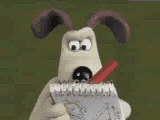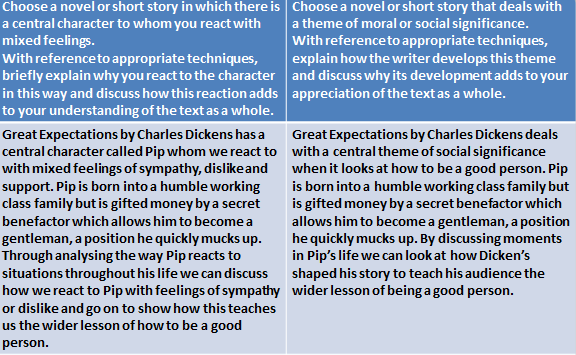June came and the hay was almost ready for cutting. On Midsummer’s Eve, which was a Saturday, Mr. Jones went into Willingdon and got so drunk at the Red Lion that he did not come back till midday on Sunday. The men had milked the cows in the early morning and then had gone out rabbiting, without bothering to feed the animals. When Mr. Jones got back he immediately went to sleep on the drawing-room sofa with the News of the World over his face, so that when evening came, the animals were still unfed. At last they could stand it no longer. One of the cows broke in the door of the store-shed with her horn and all the animals began to help themselves from the bins. It was just then that Mr. Jones woke up. The next moment he and his four men were in the store-shed with whips in their hands, lashing out in all directions. This was more than the hungry animals could bear. With one accord, though nothing of the kind had been planned beforehand, they flung themselves upon their tormentors. Jones and his men suddenly found themselves being butted and kicked from all sides. The situation was quite out of their control. They had never seen animals behave like this before, and this sudden uprising of creatures whom they were used to thrashing and maltreating just as they chose, frightened them almost out of their wits. After only a moment or two they gave up trying to defend themselves and took to their heels. A minute later all five of them were in full flight down the cart-track that led to the main road, with the animals pursuing them in triumph.
Mrs. Jones looked out of the bedroom window, saw what was happening, hurriedly flung a few possessions into a carpet bag, and slipped out of the farm by another way. Moses sprang off his perch and flapped after her, croaking loudly. Meanwhile the animals had chased Jones and his men out on to the road and slammed the five-barred gate behind them. And so, almost before they knew what was happening, the Rebellion had been successfully carried through: Jones was expelled, and the Manor Farm was theirs.
For the first few minutes the animals could hardly believe in their good fortune. Their first act was to gallop in a body right round the boundaries of the farm, as though to make quite sure that no human being was hiding anywhere upon it; then they raced back to the farm buildings to wipe out the last traces of Jones’s hated reign. The harness-room at the end of the stables was broken open; the bits, the nose-rings, the dog-chains, the cruel knives with which Mr. Jones had been used to castrate the pigs and lambs, were all flung down the well. The reins, the halters, the blinkers, the degrading nosebags, were thrown on to the rubbish fire which was burning in the yard. So were the whips. All the animals capered with joy when they saw the whips going up in flames. Snowball also threw on to the fire the ribbons with which the horses’ manes and tails had usually been decorated on market days.
Ribbons,' he said,should be considered as clothes, which are the mark of a human being. All animals should go naked.’
When Boxer heard this he fetched the small straw hat which he wore in summer to keep the flies out of his ears, and flung it on to the fire with the rest.
In a very little while the animals had destroyed everything that reminded them of Mr. Jones. Napoleon then led them back to the store-shed and served out a double ration of corn to everybody, with two biscuits for each dog. Then they sang Beasts of England from end to end seven times running, and after that they settled down for the night and slept as they had never slept before.
Imagine you are one of the animals on the farm. Write an account of the animal’s rebellion from their perspective.
Include five examples of imagery, five examples of sound techniques (alliteration, rhyme, onomatopoeia, etc) and five examples of sentence structure techniques (list, repetition, long sentence, short sentence, etc).
Highlight each of them when you are done.










